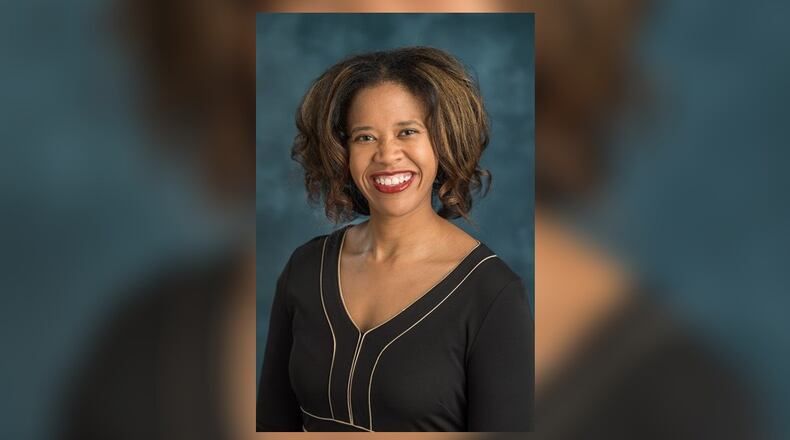Your children may develop COVID-19 contracted from Sam’s children. Sam’s argument is that COVID-19 doesn’t affect children. You have a child who has mild asthma and ends up getting very sick. Your child develops “long COVID” and must live with much more frequent use of an inhaler. While Sam enjoys his personal freedom, Sam believes your child will ultimately get better and is simply an unfortunate casualty in his story.
It is difficult to sympathize with those invoking personal freedom to avoid being vaccinated. This group is exposing my family members to a deadly disease in the name of personal freedom. My heart goes out to health care professionals who have even younger children than mine who are not yet eligible to receive the vaccine and are asked to put their children at risk. All in the name of others’ personal freedom. I imagine these dedicated health care professionals are tired. They are willing to do their jobs and have endured so much for nearly two years and we owe them a lot. They are being asked to sacrifice themselves in the name of personal freedom that is not their own.
I do not know how to reach Sam. I have conflicting feelings towards him. I am angry at Sam. Sam takes up a hospital bed in his community and diverts valuable resources from those who must delay “elective” care for a cancerous lesion that may spread in a couple of months because hospitals are filled with COVID-19 patients like him. I’m sympathetic towards Sam because he truly does not understand the complicated science behind COVID-19.
Ultimately, anger can’t be the answer. Sam doesn’t care if I am angry. After all, I live in a community where nearly 80% of those 16 years and older are vaccinated. I was recently heartened when my 10-year-old shared that her classmates gleefully discussed first dose vaccine administration dates to see who would be fully vaccinated the earliest. People in Sam’s community will die from COVID-19 at a faster rate than people in my community. This makes me sad.
Sam’s friends and family members who are vaccinated represent a potential channel to successfully reach him. Perhaps some in Sam’s community who have received the vaccine can help Sam understand that the vaccine did not alter their DNA or otherwise adversely impact their health.
The passage of time will also bring some holdouts like Sam along. However, with hospitals filling up again, health care professionals at risk each day, the emergence of a new variant and the threat of future variants, waiting it out doesn’t seem like the best answer.
I started by saying that I don’t know the answer as to how to reach Sam. But I wanted to share his story to highlight the increasing urgency of this question – how do we reach Sam who neither believes in the existence of COVID-19 nor the vaccine?
Tiana Korley is a health care regulatory attorney at an academic medical center.
About the Author
